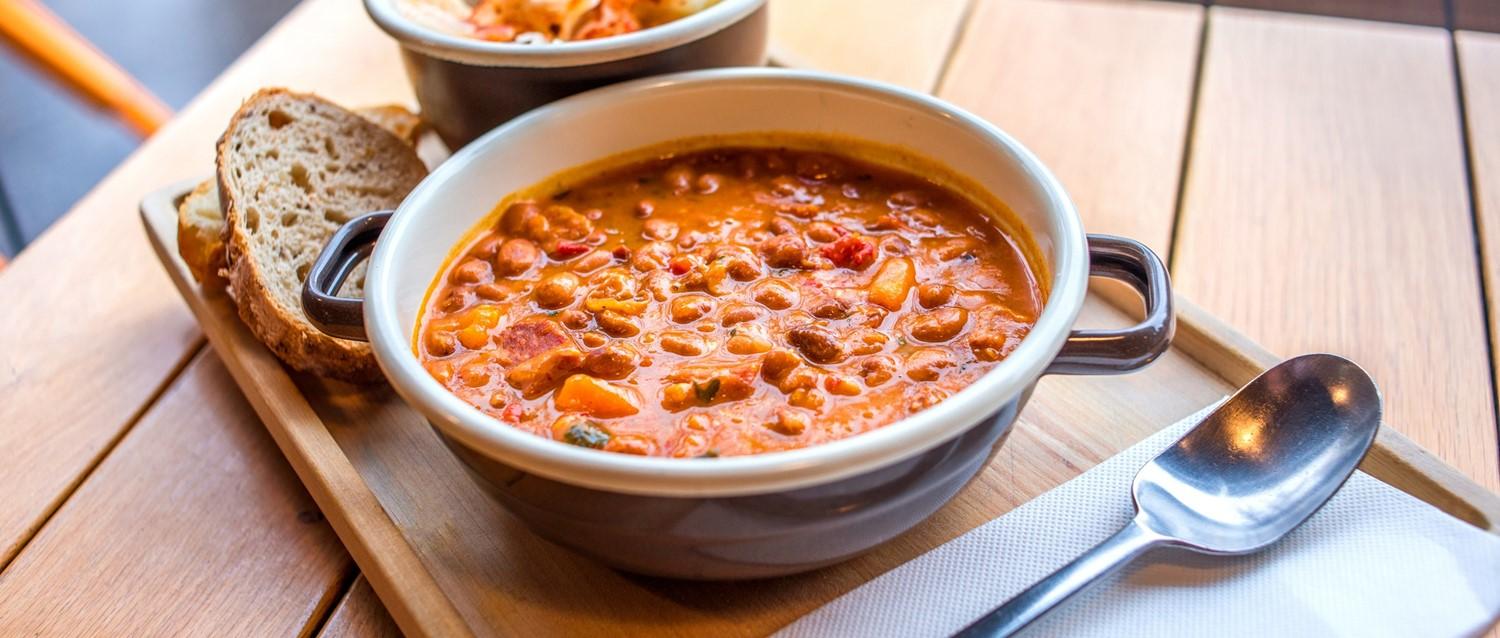
How to help your kids eat healthily over Christmas
Peer reviewed by Dr Sarah Jarvis MBE, FRCGPLast updated by Gillian HarveyLast updated 24 Dec 2020
Meets Patient’s editorial guidelines
- DownloadDownload
- Share
- Language
- Discussion
Christmas is a time when many of us relax the rules about food. But when it comes to our children's health, how much is too much - and where should we draw the line?
In this article:
Continue reading below
Short term treats
Most of us allow our children some extra treats on Christmas Day - but it's hard not to feel a little guilty as we watch our little ones munch their Christmas chocolate. The good news is that it's OK to overindulge as long as it's just for a day or so.
"Christmas is a time to enjoy ourselves with family, and festive food plays a part in that. Certain nutritious food groups such as fruit and vegetables may get overlooked and more high-sugar and high-fat foods may take centre stage," explains Emily Bloxam, Paediatric Dietitian at City Dietitians. "But one day of 'anything goes' will not make a significant difference when we think about the variety our children eat over a longer time period."
In addition, although we might worry about how many roast potatoes and mince pies our children have snaffled at Yuletide, Christmas Day fayre may not be quite as bad for us as we think. Instead, Bloxam suggests that many food groups including carbohydrates, protein, dairy, fruits and vegetables are part and parcel of a traditional Christmas dinner. "This means our children may actually consume many of the key food groups they need," she says.
Too much of a good thing?
Of course, for most children, the Christmas break extends over two weeks. At a time when many of us will be staying home, and there is often easy access to tempting treats, it is important to keep overindulgence to a minimum for most of that time. Otherwise, there's a real chance our children's health and fitness levels may be adversely impacted.
With sweet treats also affecting children's behaviour and mood, and lack of fibre in the diet contributing to problems such as constipation, it is also essential that we keep an eye on our children's intake to ensure that the Christmas period remains merry.
"Eating high-sugar foods can cause a quick rise in blood sugar followed by a drop. This irregular pattern can affect children's mood, behaviour and concentration as well as cause tiredness, poor sleep and risk tooth decay," explains Bloxam.
In addition, too many treats and not enough fruit and veg will lead to "decreased fibre intake which could result in short-term bowel changes such as constipation and tummy aches."
Continue reading below
Balance is key
No parent wants to be a Christmas grinch and say no to sweets and chocolate all the time. But equally, we want to ensure our children remain healthy and fit.
The key here is balance: "Rules can be softened, but it is important to give a variety of the key food groups each day, with high-sugar and high-fat foods being eaten in moderation. This will help children to stay healthy and happy throughout the festive season," agrees Bloxam.
Making it fun
One thing we simply can't have too much of this season is Christmas fun! To encourage children to eat more healthily this Christmas, try to find ways to step up the fun factor. Ruth Chubb who runs Three Bears Cookery Club suggests:
Get children involved
"If children have a hand in preparing food, not only are they more likely to want to eat the result, they will also develop more of an understanding of what goes into their food," she explains. "For example, my daughter used to pick onions out of pasta sauce, but once we'd prepared it together, she knew what they were and ate them happily."
A family affair
Christmas is a time when families often sit down together to eat, and this can be a great way to get kids to clear their plate. "If children see others around eating the same food, it can really motivate them to try new things," explains Chubb. "Sometimes parents eat their evening meal separately from their children, but it's much better if children see their parents enjoying healthy meals."
Added ingredients
Another way to encourage children to eat more healthily and learn about food is by taking something they see as a treat and preparing a snack or meal using it as an ingredient. "For example, if children get chocolate in their stocking, why not try making some cupcakes or biscuits using the chocolate as an ingredient? This will help them to learn about food and probably mean they eat less chocolate than they would have otherwise," suggests Chubb.
It's great to kick back at Christmas - and it's fine to relax and enjoy the day. But by staying aware of our children's intake and trying to encourage a healthy diet during the holiday period, we can (at least metaphorically) have our cake and eat it too!
Patient picks for Healthy eating

Diet and nutrition
How to eat more healthily during the colder months
We all know that eating a healthy, balanced diet is good for us, but as lockdown and the cold weather continue, the motivation to cook a healthy meal can waver. Add to that the temptation of staying cosy on the couch and ordering a takeaway, and who wants to cook anymore?
by Andrea Downey

Diet and nutrition
How to comfort eat healthily in winter
When the weather gets colder, many of us look forward to getting cosy indoors with hot and hearty winter comfort foods. However, if these aren't healthy, they can make us feel tired and sluggish when the days get shorter and darker. With some small changes, however, it's possible to create tasty, comforting meals that are good for you too.
by Victoria Raw
Continue reading below
Article history
The information on this page is peer reviewed by qualified clinicians.
24 Dec 2020 | Latest version

Ask, share, connect.
Browse discussions, ask questions, and share experiences across hundreds of health topics.

Feeling unwell?
Assess your symptoms online for free
Sign up to the Patient newsletter
Your weekly dose of clear, trustworthy health advice - written to help you feel informed, confident and in control.
By subscribing you accept our Privacy Policy. You can unsubscribe at any time. We never sell your data.